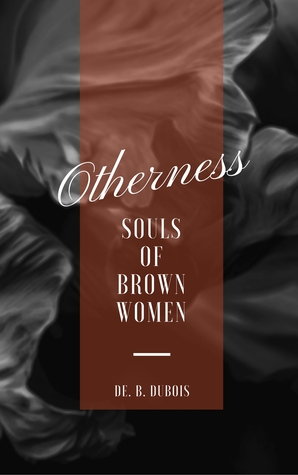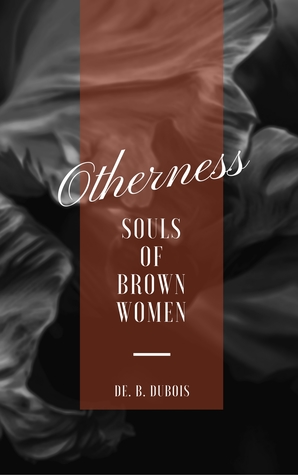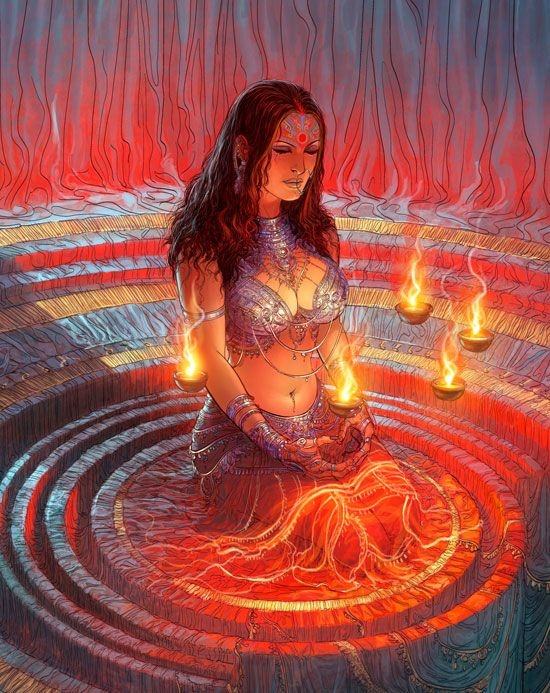Hello friends, you might be wondering about my long (yes, somewhat) absence from this blog. Let me apologize for being away from you for these few months and make a happy announcement! My new baby, ‘Thwarted Escape: An Immigrant’s Wayward Journey’, partly autobiographical novel, partly memoir, has recently been published by Authorspress India and launched with my literary friends in Delhi, the capital of India and in Kolkata, the cultural epicenter of India. A personal journey of seeking the essence and meaning of HOME, the book is characterized by my quest for my self-identity as a woman, a mother and a daughter, while being ten thousand miles away from my Bengali hometown.

The book cover of ‘Thwarted Escape’
The book, which had first started taking shape as a diary entry addressed to my unborn daughter during the third trimester of my first pregnancy, later gained momentum as an autobiographical narrative journey of a wistful immigrant woman as I gradually found my moorings in Omaha, Nebraska, a Midwestern city in the United States. The seed of this book was first sown in a Graduate writing program in a university based in the city where two of my creative nonfiction mentors Dr. Lisa Knopp and Dr. John T. Price egged me on to explore this beautiful, volatile, passionate journey.

Thwarted Escape Quotes
In essence, it is a subtle, complex and organic journey of my transformation from a small town girl in India to a woman who reconnects with her ancestral home, her emotionally fraught childhood and puberty. In her emotional, spiritual journey, she looks back, releasing her pent up thunder as she recounts her first tryst with death of a loved one, her first encounter with sexual abuse during a Diwali night, her first brush with her ancestral Hindu rituals, with love, procreation and motherhood.
With the lens of a time-traveler, she also looks back at the aromas and fragrances of her native Kolkata with wistfulness and nostalgia while trying to find her feet and strike roots in her adopted home. Moreover, she also tries to deconstruct the meaning and essence of Home, of Diaspora, of migration, realizing in the end that her physical attempt to break free of her ancestral roots and filial ties in an adopted home is, after all, thwarted.
In this roller-coaster emotional journey, mostly written in poetic prose, I attempt to uncover the slices of my soul while looking back at my roots in Kolkata and Barrackpore, my ancestral home, and my cultural traditions. I attempt to unravel the inner core of my identity and my epiphanies derived as a daughter, a woman and a mother. In the latter half of the book, there are travel memoirs in different parts of US and India, including Niagara falls, Seattle, Minnesota, Puri, Bhuvaneshwar and Konark, Orissa where my inward and outward journey forms an integral part of my self-analysis.

The book launch in Delhi with eminent authors, poets and the publisher of Authorspress
In this seamless journey, I also look at the ever-flowing cascade of life from the vantage point of death and despair, ultimately surrendering to the oscillation between the binary feelings of alienation and attachment between two different worlds of my existence.
The title ‘Thwarted Escape’ touches upon the metaphor of home and the act of sub-consciously embracing the physical and emotional landscape of our birthplace, however much we evade it. Quite early on, the protagonist of the book discovers the feminist literary worlds of Taslima Nasrin, Virginia Woolf, and later, Sylvia Plath, and a rebellious streak inside her persona compels her to delve into the roots of her ancestral Hindu traditions, question them, at times, even break free of them. However, in her self-chosen exile in the US, she discovers that deep within; her ancestral roots are also the wellspring of her psychological, spiritual existence. In the process, she keeps on oscillating between assimilating and disintegrating, which forms the core of her journey.

The Kolkata book launch of Thwarted Escape,with eminent poet and academician Sharmila Ray, Art Rickshaw, Hindustan Park, Kolkata.
The book is available in Amazon worldwide now, and in Flipkart, an online e-retailing store in India.
Amazon links:
Flipkart link(for readers in India):
https://www.flipkart.com/thwarted-escape-immigrants-wayward-journey/p/itmenxzywcgtt549?pid=9789352074259&srno=s_1_1&otracker=search&lid=LSTBOK9789352074259QJJJJT&qH=485274c1f834c173
Goodreads page:
https://www.goodreads.com/book/show/33021719-thwarted-escape
Facebook page: https://www.facebook.com/thwartedescapethebook/?fref=ts












 his phenomenal play ‘A Doll’s House’, and to all of us women folks.
his phenomenal play ‘A Doll’s House’, and to all of us women folks.




